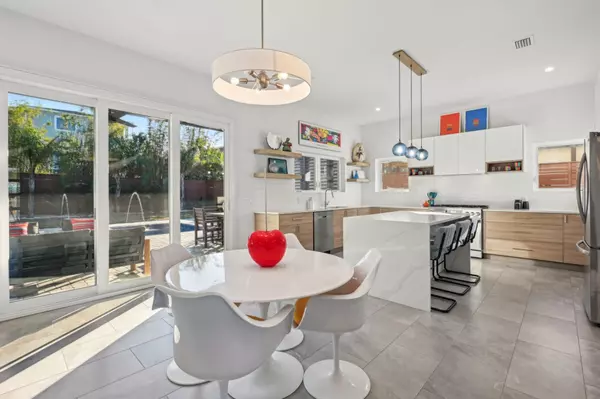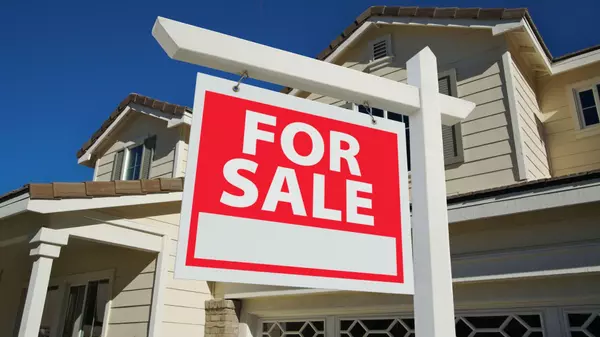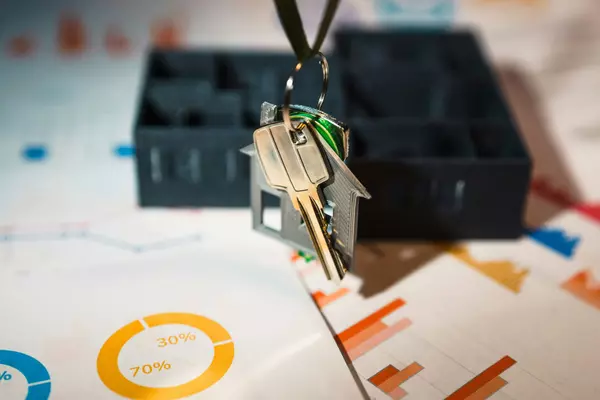How Close is St. Augustine to Major Cities and Airports?
St. Augustine, FL, offers a relaxed coastal lifestyle while keeping major cities and travel hubs within easy reach. Here's a look at the closest metropolitan areas and airports to the nation's oldest city.

Essential Home Repairs to Make Before Listing Your Home in St. Augustine, FL
When listing a home in St. Augustine, first impressions are everything. Before hitting the market, essential repairs can be the difference between a quick sale and a home that lingers unsold. This blog will explore repairs and updates to make your home shine, attract more buyers, and ultimately sel
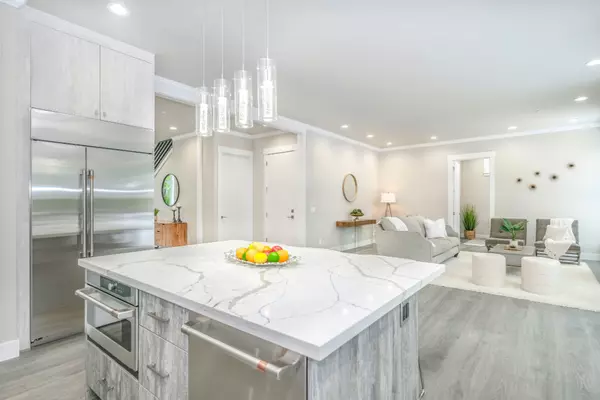
Staging Your Home to Sell Quickly in St. Augustine, FL
Staging is one of the most powerful tools for selling your home fast in St. Augustine’s competitive market. Effective staging draws buyers in and encourages offers by helping buyers envision themselves in the space. Here, we’ll walk you through proven staging tips that boost appeal and help homes i
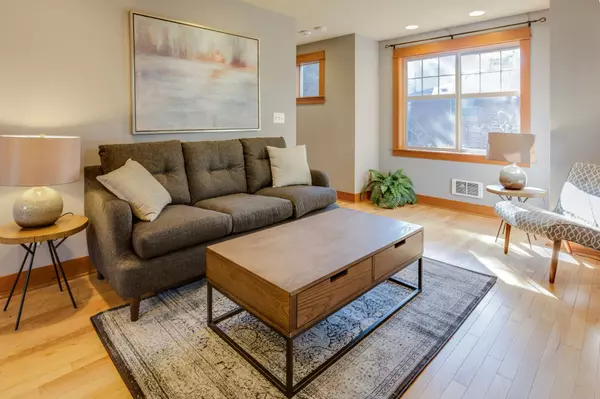
The Ultimate Checklist for Preparing Your St. Augustine Home for Sale
Selling your home requires more than putting up a sign in the yard—it’s about making a statement from the moment a potential buyer pulls into the driveway. When selling a home in St. Augustine, presentation is everything, and how you present your home could mean the difference between a quick sale a
Categories
Recent Posts





